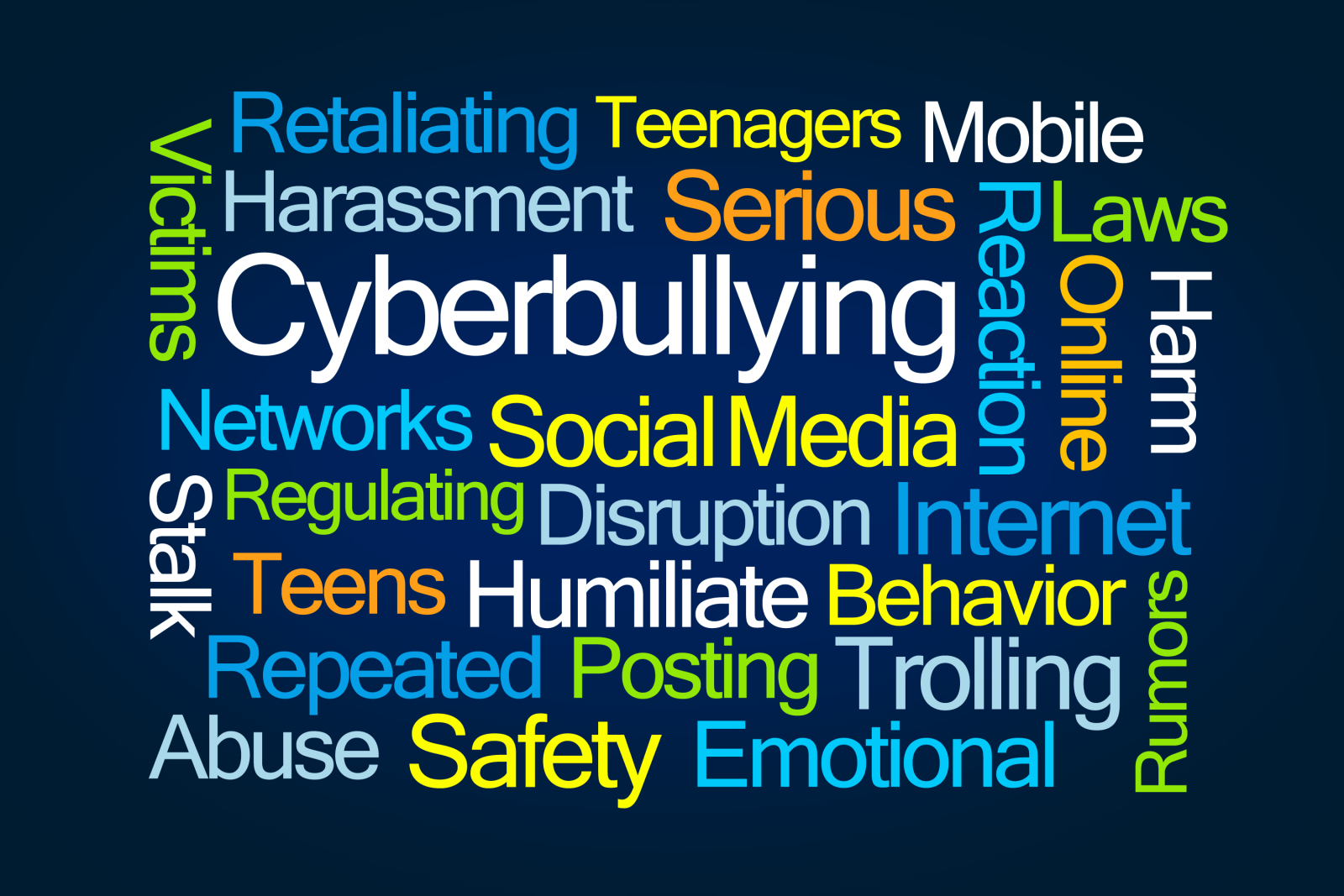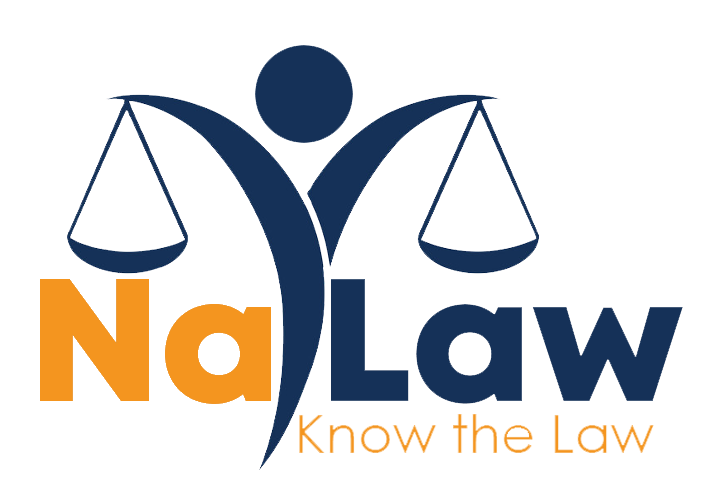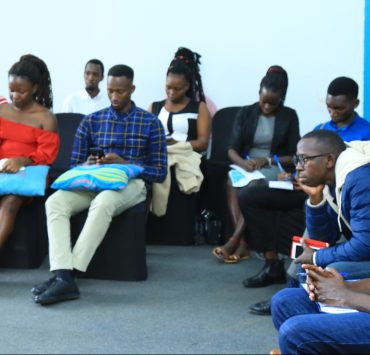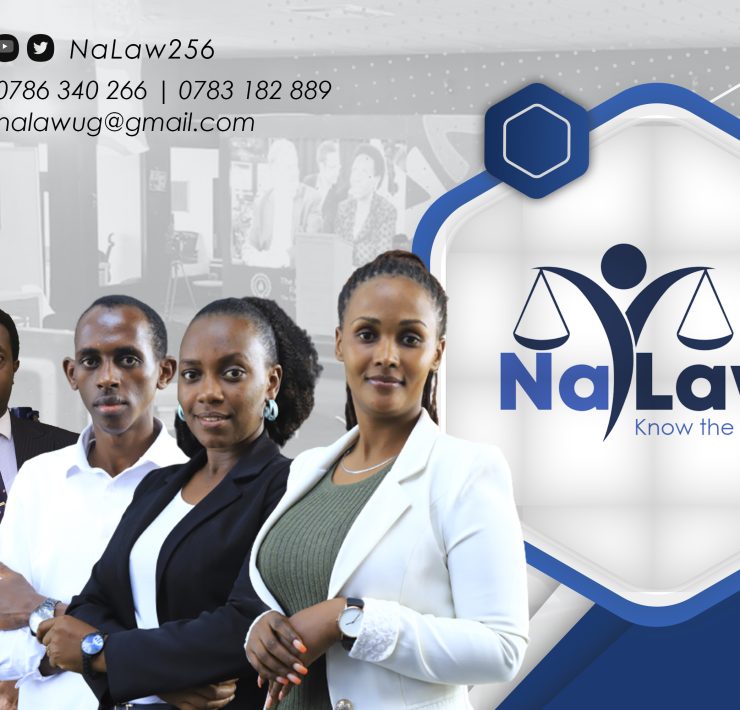Online Privacy and Cyberbullying: What Ugandan Youths Should Know

By Kevin Kasoma
In today’s digital age, the internet plays a central role in the lives of Ugandan youth. It offers opportunities for learning, socialising, and self-expression. However, as online activities become increasingly integrated into our daily routines, it’s crucial for young people to be aware of the potential risks, especially in terms of online privacy and cyberbullying. This article provides an in-depth exploration of these issues from the perspective of Ugandan youth, offering insights, practical tips, and information on legal safeguards.
The Digital Landscape in Uganda: A Youthful Connection
Ugandan youth are active participants in the digital landscape, using social media platforms, messaging apps, and online forums to connect with peers, access information, and express themselves. The prevalence of smartphones and affordable internet access has made the internet an integral part of their lives.
Online Privacy: Protecting Your Digital Persona
Online privacy refers to the control you have over your personal information and how it is collected, used, and shared online. As a young person navigating the digital world, here’s what you should know:
- Data Privacy Laws in Uganda
Uganda does not have specific data privacy laws, but general legal provisions in the Constitution protect the right to privacy. Article 27 safeguards the privacy of your online communications and personal data. It’s essential to understand that the government and service providers are subject to legal restrictions when accessing your personal information.
- Personal Data Protection
When you sign up for online services, you often share personal information. Be cautious about what you share and with whom. Only provide essential information, and read privacy policies to understand how your data will be used.
- Social Media Privacy Settings
Most social media platforms allow you to control who can see your posts and information. Adjust your privacy settings to limit access to your profile and posts to trusted individuals.
- Strong Passwords
Use strong, unique passwords for online accounts. Passwords should include a mix of letters, numbers, and special characters. Avoid using easily guessable information like birthdays or names.
Cyberbullying: Recognising and Combating Online Harassment
Cyberbullying refers to the use of digital communication tools to harass, intimidate, or harm others. Ugandan youth should be aware of this issue, as it can have severe emotional and psychological consequences:
- Types of Cyberbullying
Cyberbullying can take various forms, including:
– Harassment through hurtful messages or comments.
– Spreading rumors or false information online.
– Impersonation or identity theft.
– Sharing embarrassing photos or videos without consent.
- Recognising Cyberbullying
If you experience any of the following, you may be a victim of cyberbullying:
– Receiving threatening or derogatory messages.
– Feeling distressed or anxious about online interactions.
– Seeing offensive posts or comments targeting you.
- Reporting Cyberbullying
Report cyberbullying incidents to the platform administrators and, if necessary, to local law enforcement. Many social media platforms have reporting mechanisms to address harassment.
- Protecting Yourself
– Do not engage with bullies. Responding may escalate the situation.
– Document evidence of cyberbullying, such as screenshots or chat logs. – Reach out to trusted adults, friends, or counsellors for support.
Case Scenarios: Real-Life Experiences
To illustrate the relevance of online privacy and cyberbullying, here are two case scenarios from Ugandan youth:
Case Scenario 1: Privacy Concerns
Tendo, a university student, receives unsolicited messages from a stranger on a social media platform. The stranger asks for personal information and photos. Tendo is concerned about privacy but is unsure how to respond.
In this scenario, Tendo should:
– Block the stranger and set their social media profile to private.
– Avoid sharing personal information with unknown individuals online. – Report the harassment to the social media platform.
Case Scenario 2: Cyberbullying
Sasha, a high school student, discovers that someone has created a fake social media profile in her name. The impersonator posts hurtful comments and harmful content, damaging Sasha’s reputation and causing emotional distress.
Sasha should:
– Document evidence of the fake profile and cyberbullying incidents.
– Report the impersonation to the social media platform and request its removal. – Seek support from her parents, teachers, or school counsellors to address the emotional impact.
Legal Safeguards and Resources
While Uganda does not have specific laws addressing cyberbullying, there are legal provisions that protect individuals from online harassment and privacy violations:
– Ugandan Constitution: Article 27 protects the right to privacy, including online communications.
– Computer Misuse Act, 2011: This law addresses computer-related offences and cybercrime, which can include cyberbullying and online harassment.
Building a Responsible Digital Community
To build a responsible digital community, it’s not just about safeguarding your own online privacy and combating cyberbullying; it’s also about fostering a culture of respect and empathy online. Here are some ways Ugandan youth can contribute to a safer digital environment:
- Digital Literacy: Promote digital literacy among your peers. Share knowledge about online safety, privacy settings, and how to recognise and respond to cyberbullying. Education is the first line of defence.
- Positive Online Behaviour: Lead by example. Be respectful and kind in your online interactions. Encourage your friends and followers to do the same.
- Report and Support: If you witness cyberbullying or privacy violations, report the incidents and offer support to the victim. Remember that a simple message of encouragement can make a world of difference.
- Advocacy and Awareness: Join or support organisations and initiatives that raise awareness about online safety and advocate for policies that protect digital rights.
- Online Ethics: Understand and respect digital ethics, including issues like consent when sharing photos or information about others online.
- Offline Connections: While the digital world is important, don’t forget to nurture your offline relationships. Building strong bonds with friends and family can provide valuable support during online challenges.
Conclusion: Empowered and Informed Youth
In conclusion, the digital landscape in Uganda offers immense opportunities for Ugandan youth to learn, connect, and express themselves. However, with these opportunities come responsibilities, such as safeguarding your online privacy and promoting a culture of respect and kindness in the digital sphere.
By understanding the legal framework that protects your online rights, recognising the signs of cyberbullying, and knowing how to respond, you can navigate the digital world with confidence. Additionally, your actions can contribute to a safer and more inclusive online community for everyone.
As you continue your journey in the digital age, remember that you have the power to shape the online environment. Be an advocate for responsible digital behaviour, stand up against cyberbullying, and use the internet as a tool for positive change in Uganda. With knowledge, empathy, and resilience, you can make the online world a better place for yourself and future generations of Ugandan youth.




